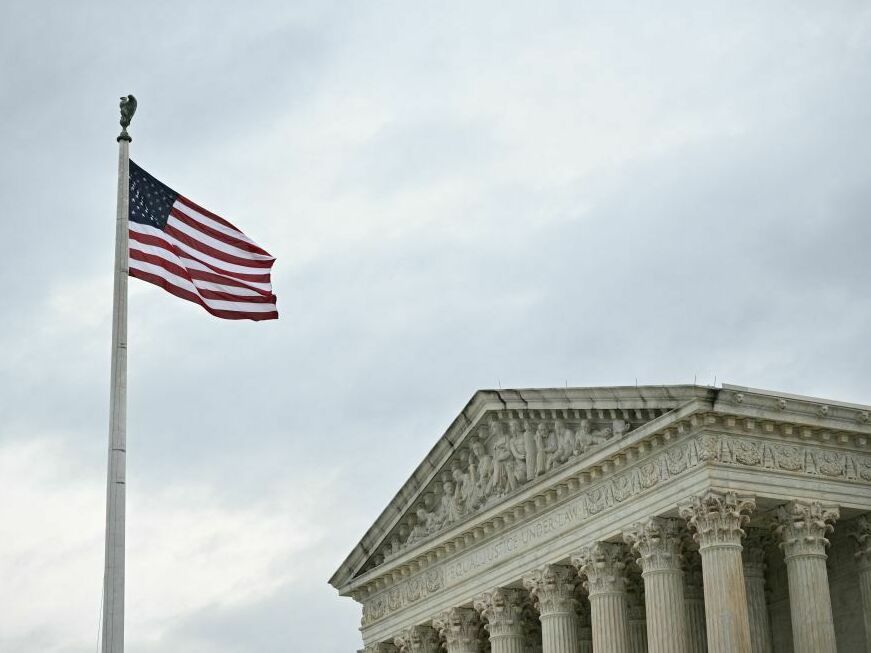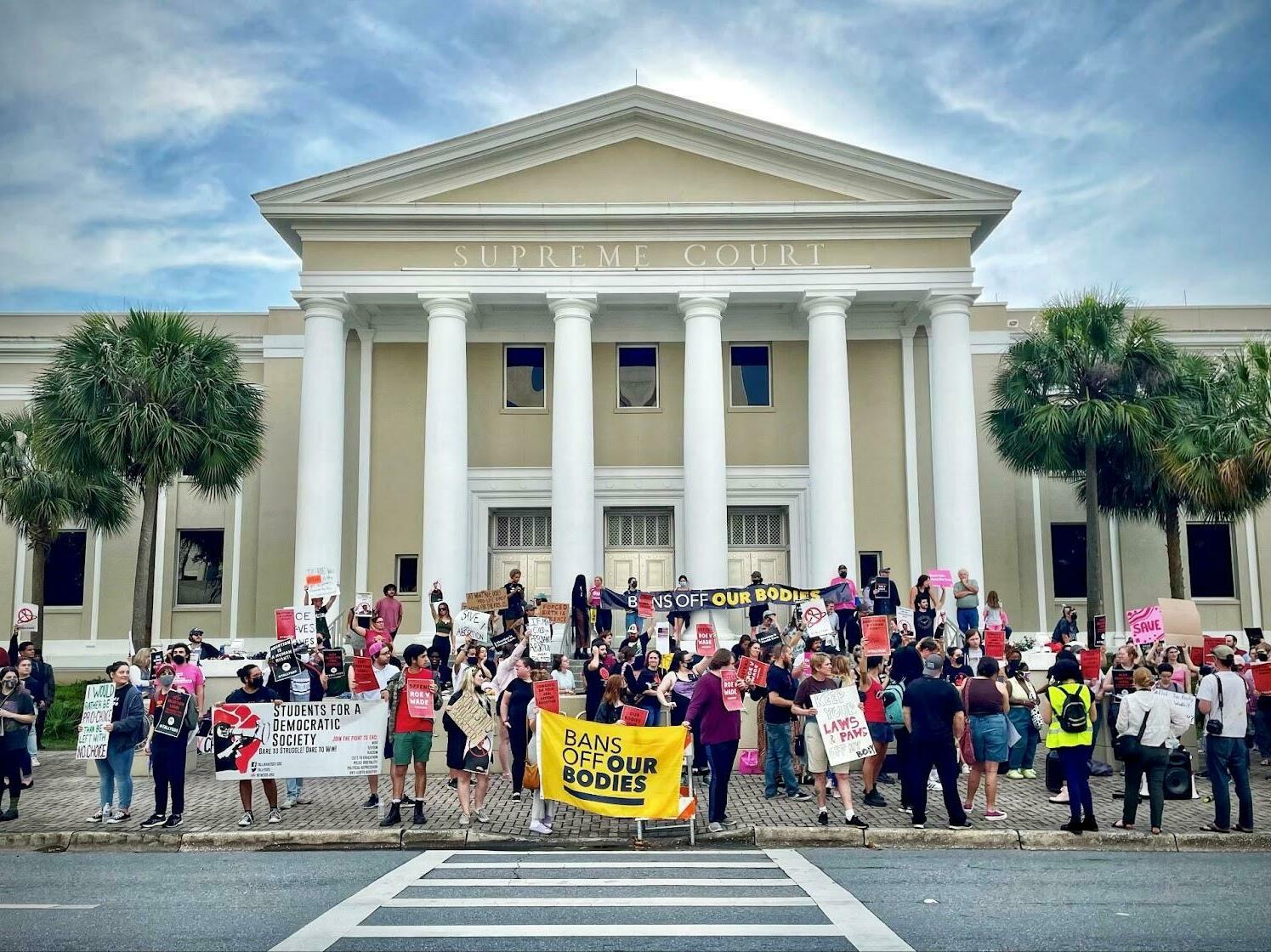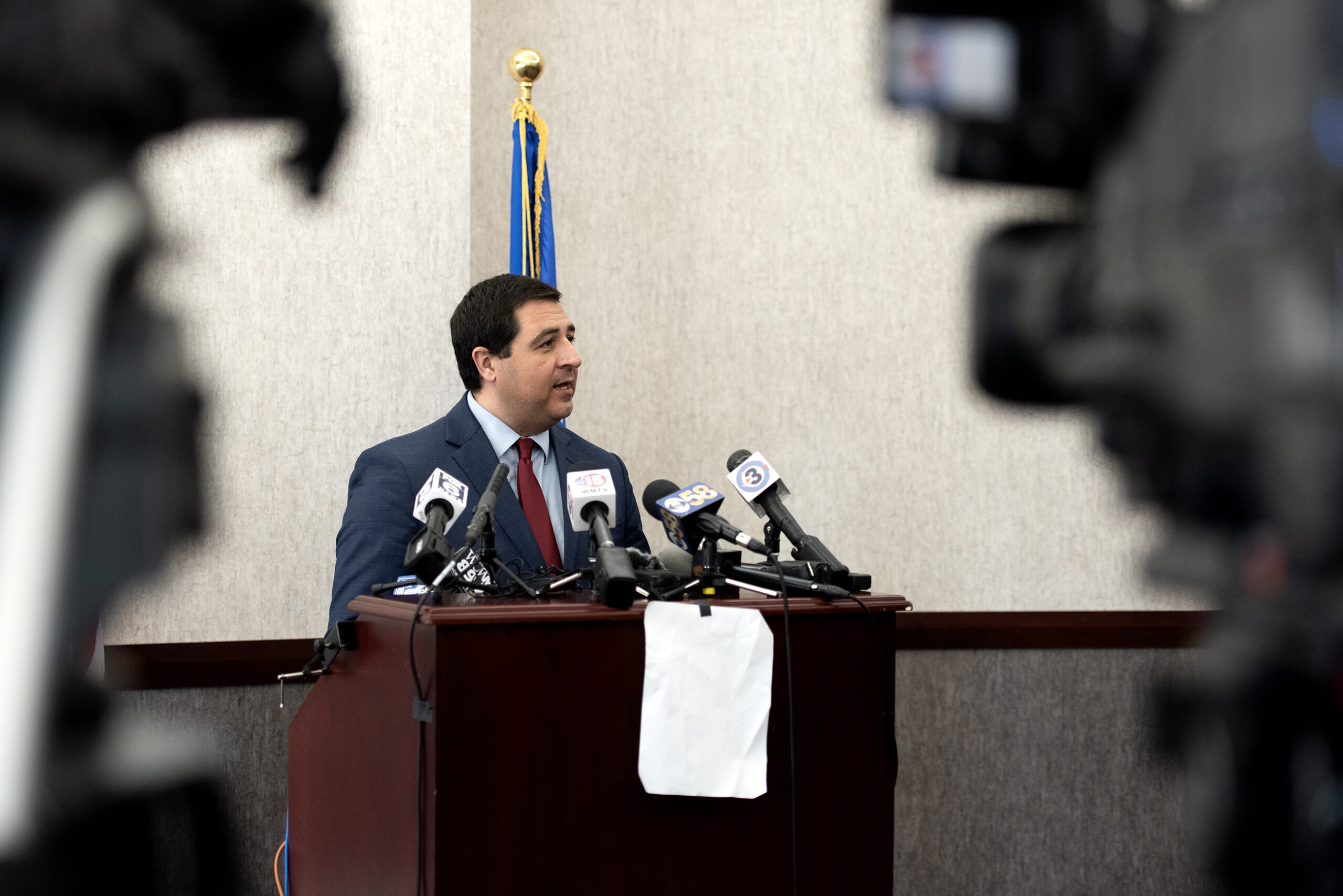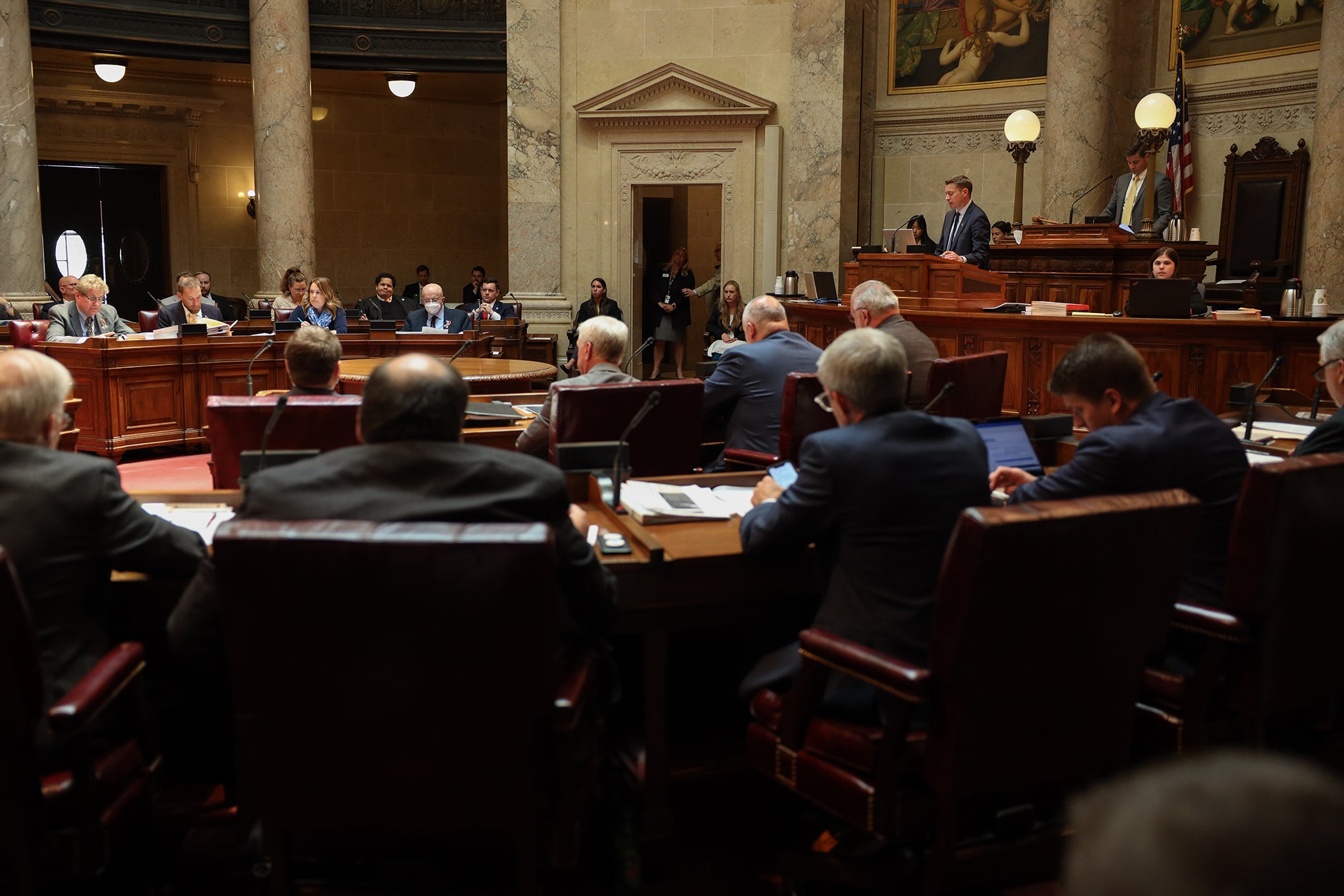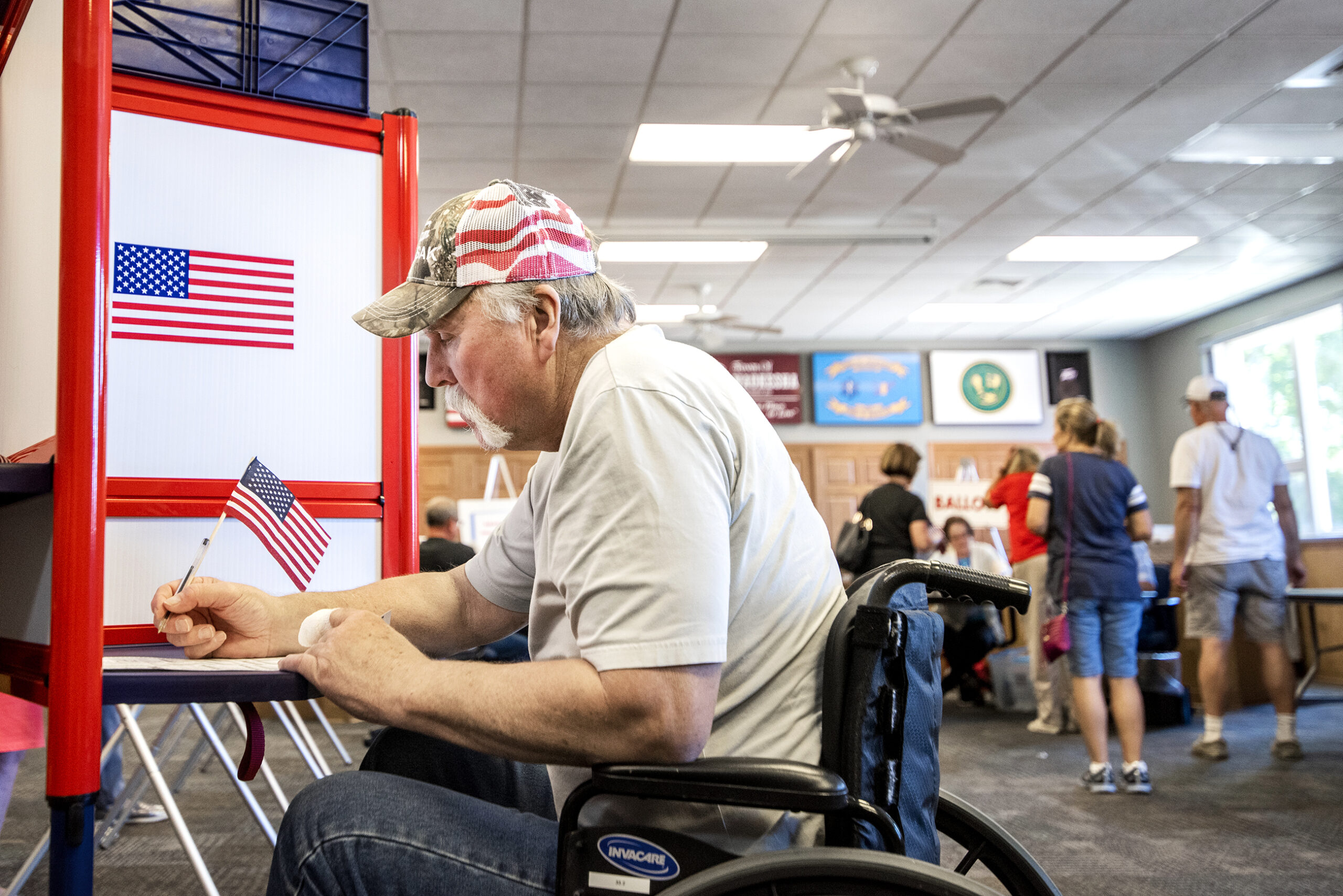Lawyers for two groups challenging the state’s photo voter ID law argued their cases before the state Supreme Court on Tuesday.
Lester Pines, arguing for the League of Women Voters of Wisconsin, told the court the state Constitution allows the Legislature to determine where, when and how voters can cast their ballots, but that it prohibits lawmakers from regulating who can vote beyond what the Constitution lays out.
“What this law does is it says everybody has to have the government of this state verify that they are who they say they are,” said Pines. “They are not who they say they are, until the government says they are. That’s fundamentally wrong.”
Stay informed on the latest news
Sign up for WPR’s email newsletter.
Assistant Attorney General Clay Kawski, who defended the law, said the Constitution does not expressly forbid the Legislature from requiring photo IDs at the polls. Kawski says the law simply enforces the voter registration requirements.
“It allows a registered voter to show up on Election Day and prove that he or she is the qualified registered voter that he or she claims to be,” said Kawski.
Kawski said without voter ID, the possibility for people to impersonate a qualified voter increases, thereby diluting the vote and threatening the integrity of the election.
The other group challenging the law, the Milwaukee chapter of the NAACP, argued there is little, if any, evidence that such fraud is occurring.
Wisconsin’s voter ID law is one of the most stringent in the country. Many observers expect its constitutionality may eventually be decided in the U.S. Supreme Court.
Wisconsin Public Radio, © Copyright 2024, Board of Regents of the University of Wisconsin System and Wisconsin Educational Communications Board.


